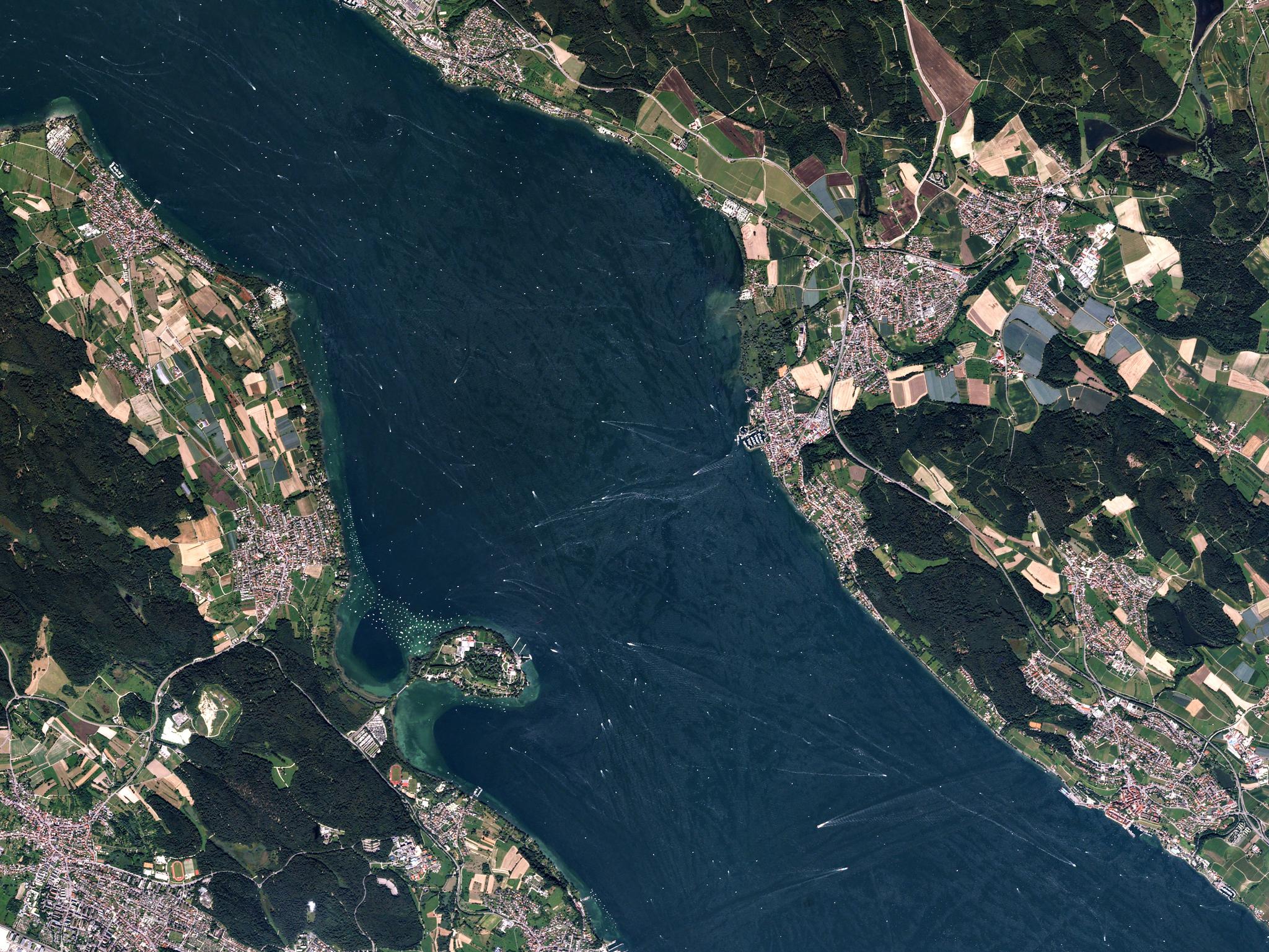Earth Observation Can Play A Critical Role in the European Green Transition. Here’s how:
The World Economic Forum reports that over half of global GDP depends on nature and the services it provides. To work towards a healthy, prosperous and sustainable future, we must leverage the best tools and technology to accurately monitor the environment and its connection to the economy, as well as our lifestyle related to them both. With this generational challenge in mind, the European Commission is proposing a European Green Deal, an ambitious new agenda that aims to transition Europe into the first climate neutral continent by 2050. At Planet's EU Green Week Partner Event, Planet co-founder and CEO Will Marshall joined Head of Cabinet EVP Frans Timmermans, Diederick Samsom, Member of European Parliament Sirpa Pietikainen, CEO of Sinergise Grega Milcinski, and Planet’s Director for European Affairs Agnieszka Lukaszczyk, to discuss the role Earth Observation (EO) can play in this transition towards a sustainable economy. Given that this green transition must be built on a foundation of data and science, Earth observation data will be a powerful tool that ensures that the environmental and economic indicators defined in the European Green Deal are reported on in an accurate and timely manner. “We need a system for auditing progress based on reliable, science-based data” said MEP Sirpa Pietikainen. The ability to monitor the whole Earth and provide measurements every day is unprecedented and this satellite data could be central to helping this expedient transition to a sustainable economy. It could be used to measure and manage natural resources - from assessing land and water ecosystems - in order to better account for them. To tackle such monumental challenges, one monitoring system is needed that goes beyond the EU Green Deal and the EU borders - as the environment does not have political borders. “The EU Green Deal is a horizontal, coherent policy to save our ecosystem, in which everything and everyone is connected. And the commitment by all the EU institutions is also horizontal,” said Diederick Samsom. When leveraged at scale, this data can help decision makers, businesses, and citizens at large make better, more sustainable decisions. “The role of private companies is not only to provide data to public institutions and as many end users as possible but even more to extract value out of data in the most efficient way,” said Grega Milcinski. Policy makers, the private sector and research groups must cooperate in order to make meaningful progress against this sustainable transition. The H2020 EU Green Deal Call is one of the first EU Green Deal initiatives that the European Commission has launched and is based on strong international partnerships. This ambitious R&D program has a budget of almost 1 Billion Euros and aims to find solutions and methodologies for Europe and beyond, in a collaborative way. To learn more about the ambitious Green Deal, check out the full webinar and contact us to learn more.

Ready to Get Started
Connect with a member of our Sales team. We'll help you find the right products and pricing for your needs.


